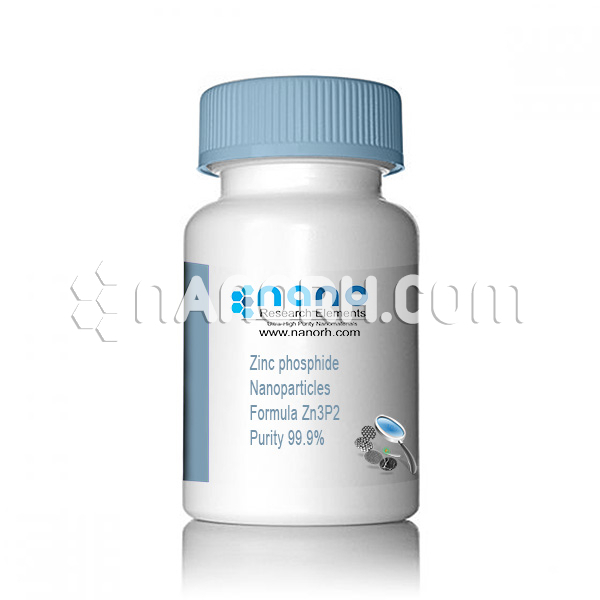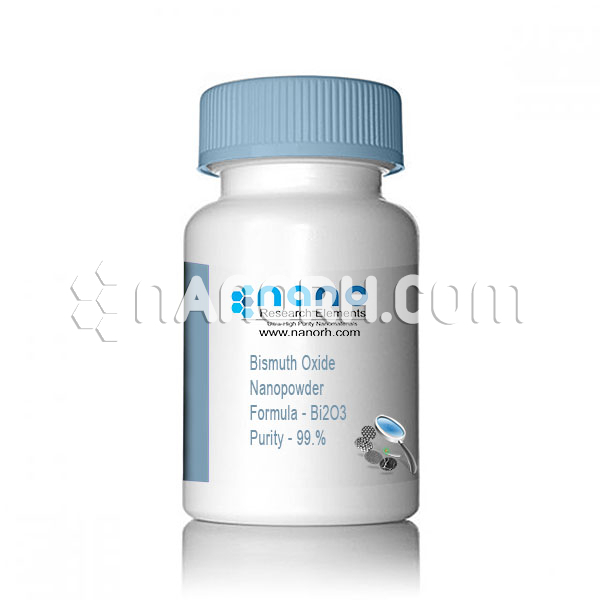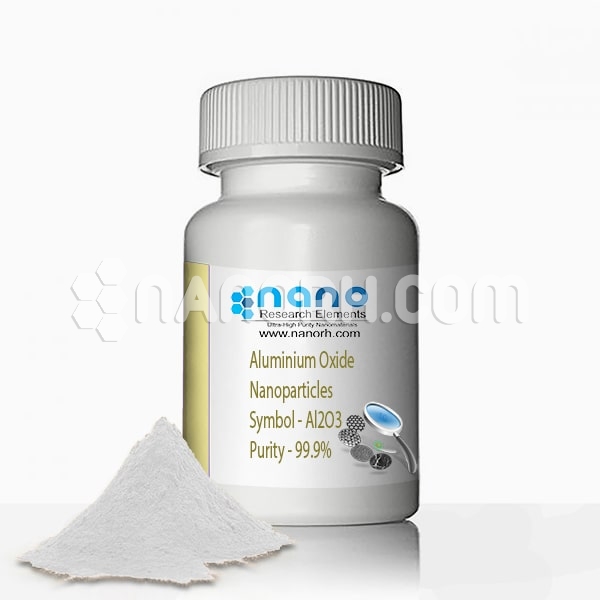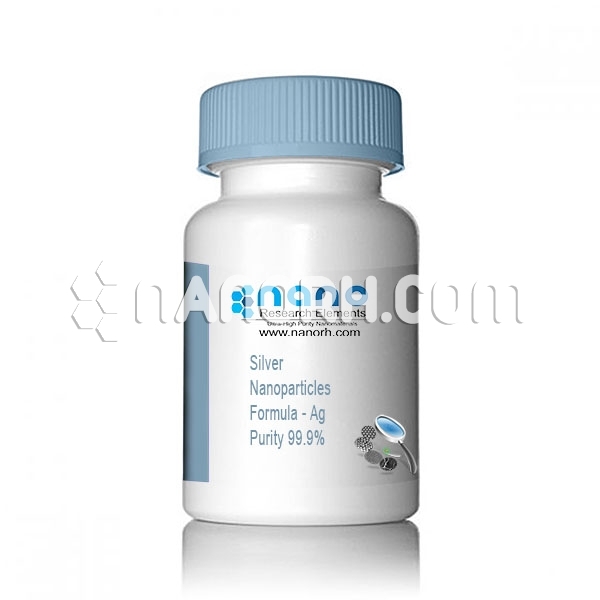| Zinc Phosphide Nanoparticles | |
| Product No | NRE-5264 |
| CAS No. | 1314-84-7 |
| Formula | Zn3P2 |
| APS | <100 nm (Can be Customized) |
| Purity | 99.9% |
| Color | Grey |
| Molecular Weight | 258.12 g/mol |
| Density | 4.55 g/cm³ |
| Melting Point | 420 °C |
| Boiling Point | 1,100 °C |
Zinc Phosphide Nanoparticles
Applications
Catalysis:
Hydrogenation Reactions: Zn₃P₂ nanoparticles have been studied for their catalytic activity in hydrogenation reactions. Their ability to efficiently activate hydrogen molecules makes them suitable for use in processes such as the hydrogenation of organic compounds or the production of fuels.
CO₂ Reduction: Zinc phosphide nanoparticles are also explored as catalysts for the reduction of carbon dioxide (CO₂), a critical process in carbon capture and utilization technologies. By converting CO₂ into valuable chemicals, Zn₃P₂ nanoparticles can play a significant role in combating climate change.
Energy Storage and Conversion:
Lithium-Ion Batteries: Zinc phosphide nanoparticles are being researched as anode materials in lithium-ion batteries. The high conductivity and stability of Zn₃P₂ make it an attractive candidate for improving the performance of rechargeable batteries, especially in terms of energy density, cycle life, and charge/discharge rates.
Solar Cells: Zn₃P₂ is also explored as a material for photovoltaic devices. Zinc phosphide nanoparticles can enhance the light absorption and charge transport in solar cells, improving the efficiency of energy conversion. This makes Zn₃P₂ NPs promising materials for next-generation solar energy technologies.
Supercapacitors: Due to their electrical conductivity and stability, Zn₃P₂ nanoparticles can be used in supercapacitors, devices that store energy and release it quickly. Zn₃P₂ can improve the energy storage capacity and charge/discharge rates of supercapacitors, contributing to more efficient energy storage systems.
Biomedical Applications:
Drug Delivery: Zinc phosphide nanoparticles are being explored as carriers for drug delivery due to their biocompatibility and ability to be functionalized with various ligands. Zn₃P₂ nanoparticles can encapsulate drugs and release them in a controlled manner, making them suitable for targeted therapies such as cancer treatment.
Cancer Therapy: The optical and electrical properties of Zn₃P₂ nanoparticles can be leveraged for photothermal therapy, where the nanoparticles are used to convert light into heat, selectively killing cancer cells. Additionally, Zn₃P₂ can be functionalized for targeted drug delivery to tumor sites.




